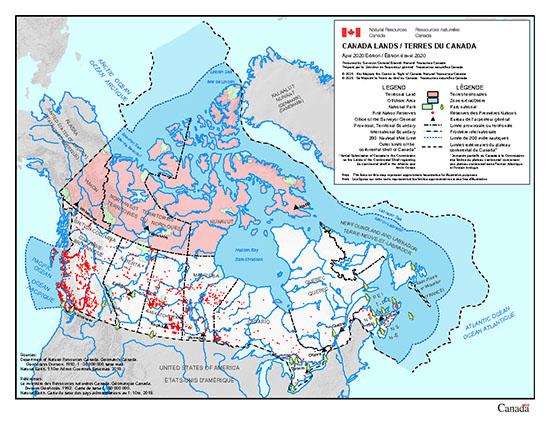Its one of the best Christmas songs you have to admit.. some of em feel like a brain tumor (yup.. Jingle Bells, sung by Simon and The Chipmunks click this link at your peril.. it's a special level of hell made for your Aunt Thelma), but when this one, Nat King Cole, gets stuck in your head, it's not bad, it does make you feel warm.. you feel the fire, smell the smell of roasting sugars, and it feels cozy... pre-global warming cozy... nothing to worry about cozy... it's a damn good song. But what the hell was Nat King Cole talking about?
It's a rare American city where the festive cheer leads to roasted chestnuts, but you can find em sometimes, at Christmas markets and state fairs. My first time seeing them of all places was in Europe where the crop is more steady. It was a lonely Christmas in Munich, and I wandered their famous Christmas Market, complete with Glockenspiel ( A favorite joke German word of a college buddy of mine, and how relieved I was to find out it was just a clock..) and some guy was roasting these little round things over coal and it turns out they were little salty morsels of goodness, Chestnuts in English.






